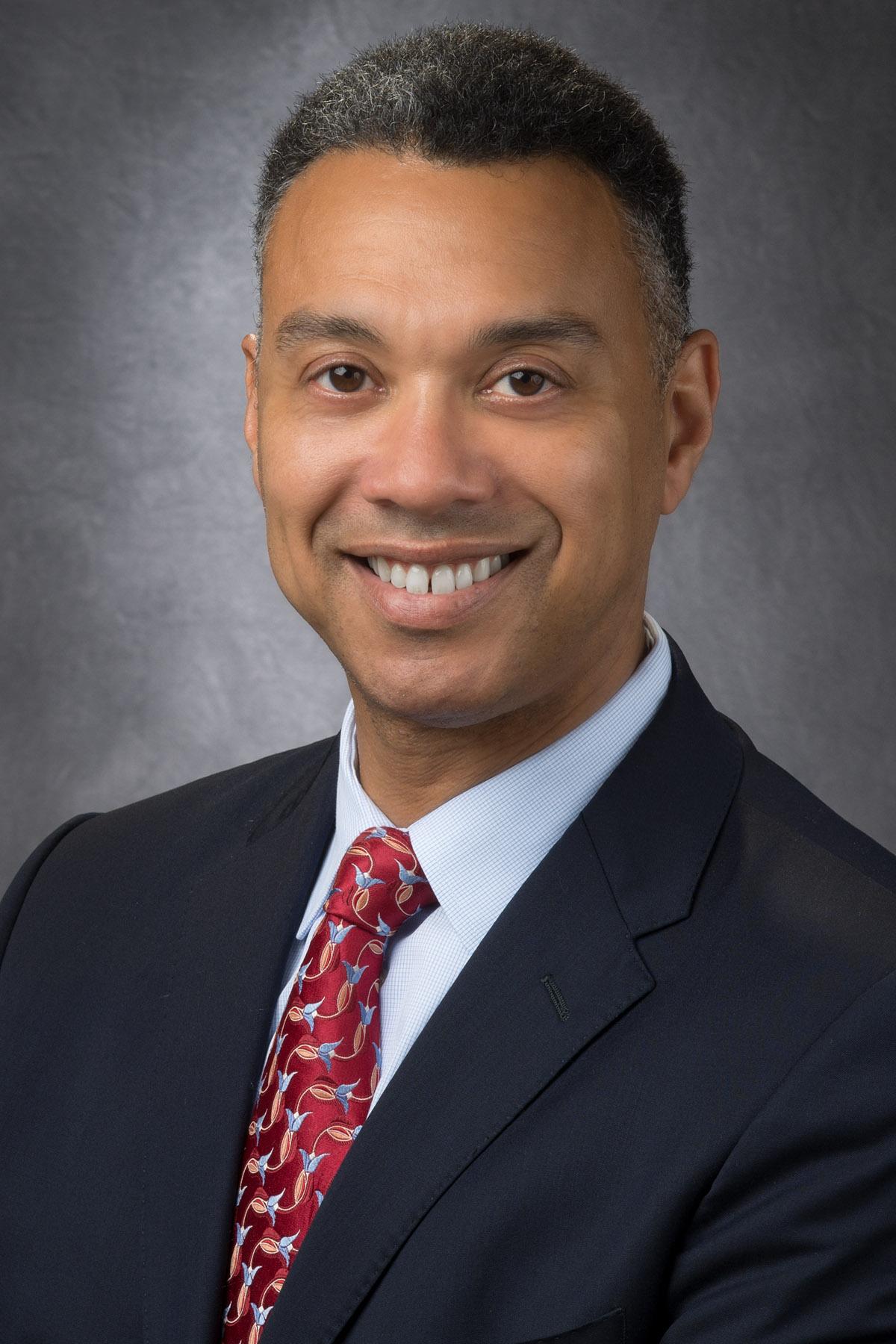Our “Meet the Researcher” series shares what outstanding LLS-affiliated researchers are working on, the incredible impact they are making in the fight against blood cancer, and what inspires their efforts to find better treatments and cures.
In this Q&A, we are highlighting Dr. Christopher R. Flowers, MD, chair of Lymphoma and Myeloma at The University of Texas MD Anderson Cancer Center and LLS National Board Member. Later this week, Dr. Flowers will be speaking on a timely panel about diversity in hematology clinical trials at AACR 2021.
Q: What is your area of expertise and/or what is the focus of your research?
My clinical practice is focused on the care of patients with lymphoma. My research focuses on clinical, translational and epidemiology approaches to improve treatments for patients with lymphoma developing new means to cure lymphomas and ultimately searching for ways to prevent people from developing lymphoma.
Q: Why is it imperative to improve diversity among clinical trial participants?
When we look at patients with lymphomas, we see differences in the age of onset for various lymphoma subtypes across racial and ethnic groups. We also see disparities in survival for many types of lymphomas and other blood cancers by race, gender, rural/urban status, socioeconomic status, and insurance status. To find ways to understand these differences and improve these disparities patients from these diverse groups need to be represented in interventional clinical trials and observational studies.
Q: What are some of the reasons for a lack of diversity in clinical trials?
Overall trial participation rates involve about 15% of patients at academic centers and 6% at community centers that perform trials. Several groups have studied reasons for lack of diversity in cancer clinical trials. Our group and a few others have studied reasons why there is limited diversity in clinical trials among patients with blood cancers. Numerous factors limit diversity in clinical trials. Patients with household incomes less than $50,000 were approximately 30% less likely to participate in trials. The largest obstacles to enrollment in trials for rural patients seem to be distance and lack of communication between large centers and small clinics. Patients from some racial/ethnic groups have described barriers including: lack of trust in care providers, need for improved education regarding diagnosis and clinical trial risks and benefits, and alignment of the trial with the patients’ described research priorities,
Q: What can be done to increase diversity in clinical trials?
Five broad themes have been described for increasing participation of women and minorities in clinical trials: commitment and center leadership, investigator training and mentorship, community engagement, patient engagement, and operational practices.
Q: Do you feel as if progress has been made in building trust to recruit minority populations to participate in clinical trials?
Substantial progress has been made in identifying the broader barriers to clinical trial participation in for certain patient subgroups. This begins the process for building trusts in minority populations and other communities that have been traditionally under-represented in clinical trials. However, continued progress will require translating broader strategies like those mentioned above to the local context. Each local environment will have differences in the specific barriers that influence patients’ trust and willingness to participate in clinical trials.
Q: Recently, LLS launched the IMPACT research grants to increase enrollment of individuals from underrepresented communities in clinical trials. Can you tell us about your involvement with LLS to further health equity for all blood cancer patients?
I have been involved with LLS in multiple ways over the course of my career. I began my career as an investigator who received one of my first grants from the LLS Translational Research Program. This jump started my career in clinical research. I have also served as a LLS volunteer in the local Light The Night walks, as a member of the Georgia Board of Directors, and now with the LLS National Board of Directors. In each of these roles, I have been involved in fundraising for LLS efforts like the IMPACT grants. These research grants create a tremendous opportunity to learn more about how to establish successful strategies to increase enrollment on clinical trials for under-represented populations.
Tune into Dr. Flowers’ panel on diversity in cancer clinical trials during AACR 2021 on Friday, May 21st from 9:45-11:15am ET.
